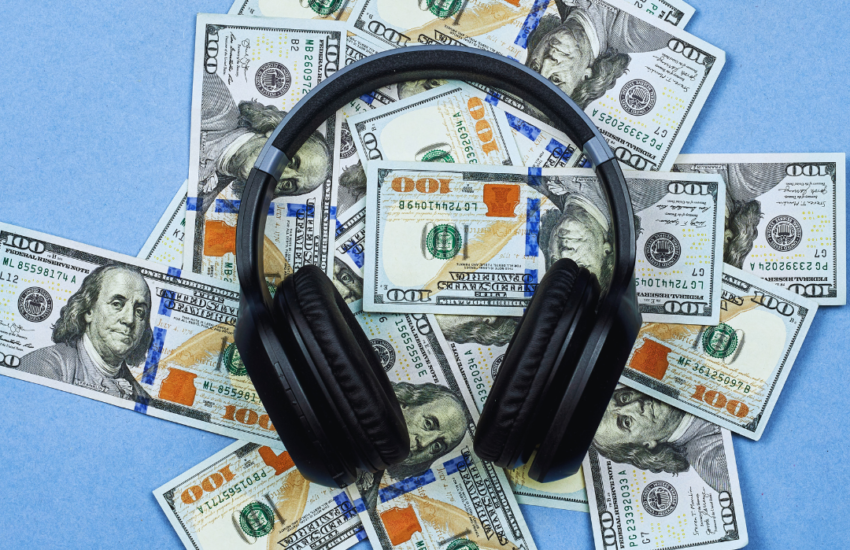Classic Music: What You Need to Know?
As you look back on your life, there are some songs that will forever be etched in your brain. They’re the soundtrack to your life, the songs you never forget. But have you ever wondered if those lyrics are true? Or how do the songs you grew up with relate to today’s culture?
Classic music has stood the test of time, and whether you grew up listening to it or were introduced to it in your parents’ collection, it’s an important part of our collective cultural consciousness. The ageless, timeless music of performers like Beethoven, Mozart, and Bach has seeped into our psyches and influenced many day-to-day activities.
Classical music training can help you become a better listener. Classical music sounds different from pop and rock, and it helps listeners pay attention. People who like classical music become good at listening, which in turn helps them understand and process spoken language better. But classical music training isn’t for everyone. You might not learn classical music, and that’s okay. But if you want to become a better listener, you should learn a little classical music.
For many music fans, a “classic” band is that band they’ve known and loved since their youth. For others, a classic band is the one that first sparked their passion for the art form. But what it means to call a band a classic is up for debate, and not all of the answers to that question are clear. But one thing seems to hold true: classic bands are loved by their fans, and many are still active, proving that the “classic” label isn’t limited to retired acts.
It is something anyone can enjoy
Many of us only remember classical music as an opera soundtrack or as the background music of a slow movie. But classical music is something anyone can enjoy. Classical music is a style of music that goes back centuries, in many different cultures, and across many different time periods. It is typically written in a form called classical music, as opposed to folk music, which is music from culture and is usually passed down through oral tradition.
Classical music is something anyone can enjoy. We’ve all heard the saying, “if you don’t know classical music, you don’t know music.” It’s true. Classical music is from the “classical” era, which spans the 18th and 19th centuries and is characterized by “the use of instruments, such as the piano, harpsichord, and pipe organ, and by features such as elaborate instrumental techniques, vocal ornamentation, and vocal and instrumental virtuosity.”
Some people might dismiss classical music as too intellectual for them. However, classical music is something anyone can enjoy. An excellent place to start is with classical music for kids. Most kids love classical music—it’s easy to pick up and is simple and fun. In fact, classical music for kids has even been said to improve your child’s grades.
It’s a big genre of music.
Classical music is one of the great genres of music that was created by musicians as art. It was developed for entertainment and education. It’s the genre of music that can satisfy anybody’s tastes, and that’s good since classical music is a genre that is enjoyed by all ages.
Classical music is a big genre of music. It doesn’t just sound old; it’s old. Many of the pieces in classical music were written hundreds of years ago, though composers continue to write new pieces as well. There are a number of different types of classical music, but Mozart, Beethoven, Bach, and Tchaikovsky are some of the most popular types, known as classical styles. Classical music is organized differently from modern music, too. Most classical music relies on a sonata form, which is a framework in which composers build their pieces around a theme.



